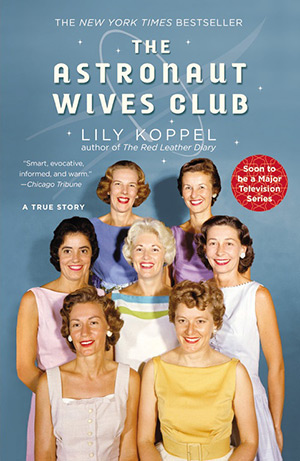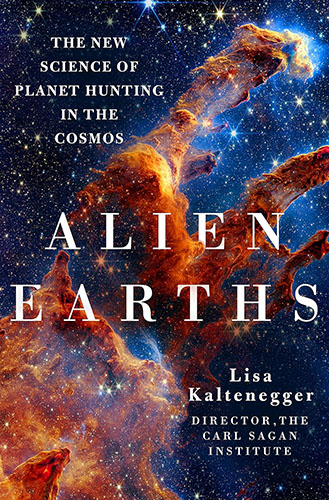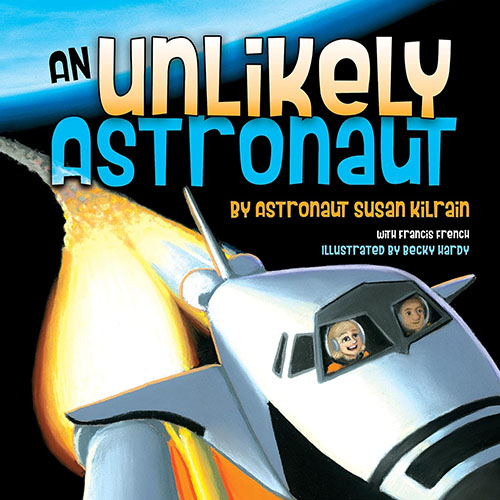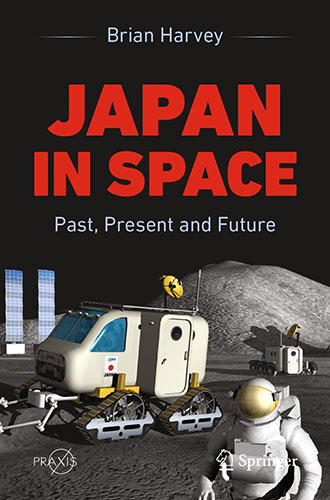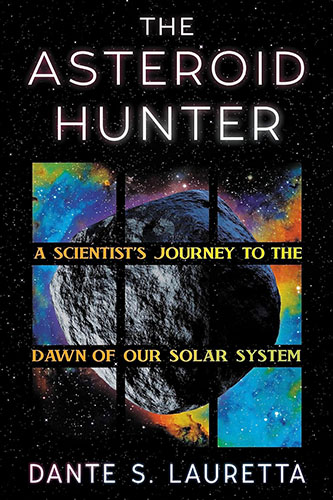Category: Non-Fiction
Reviewed by: Clifford R. McMurray
From Ad Astra Summer 2014
Title: The Astronaut Wives Club
Author: Lily Koppel
NSS Amazon link for this book
Format: Paperback/Kindle
Pages: 320
Publisher: Grand Central Publishing
Date: June, 2013
Retail Price: $17.00/$9.99
ISBN: 978-1455503247
Yes, it really was a club. Its first official meeting was held in 1966, after the third group of astronauts had arrived in Houston. It had existed informally since the Mercury Seven were picked in 1958, and it had some elements in common with the Officers’ Wives Clubs that had been a part of its members’ lives before their husbands came to NASA, while they were military test pilots. But Marge Slayton (“Mother Marge” to the rest of the wives) threw “The Right Stuff” across the room when she read Tom Wolfe’s description of the AWC as just another OWC.
It was less organized, for one thing. And the wives were feeling their way into new roles as celebrities, just as their husbands were. Nothing could prepare the astronauts or their families for the level of public scrutiny they would be subjected to from the moment NASA announced them to the press. The paparazzi that movie stars have to deal with today are tame compared to the press corps of 1959; when the original Mercury astronauts were introduced to the world, photographers and reporters tracked their wives down in supermarkets and on the beach, and walked into their homes uninvited. When they moved to their new headquarters in Houston and built new homes, Gus Grissom and Wally Schirra made sure their houses had no windows on the side facing the street.
Fame had its perks, too. The families of the first astronauts were used to living on military pilot salaries of $7,000 a year. The $500,000 deal they made with Life magazine for exclusive access to their personal stories bought them some privacy from the rest of the press, and gave them more money than any of them had ever seen before. It was just the beginning; they got leases on sports cars for one dollar per year, and housing developers around the Manned Spacecraft Center built houses for them at cost, just to have them as residents in the new suburbs.
Most of the perks went to the men, though. Their wives might get to go to the White House for tea with Jackie Kennedy after their flights, and enjoy an upscale social life in Houston when their husbands were at home, but the astronauts weren’t home very much. They put in long days training, many of them at the Cape or other NASA contractor locations. After Gus Grissom was killed in the Apollo One fire, Betty Grissom confessed, “Well, I’m going to miss the phone calls. That’s mostly what I had of him.”
The wives were left to raise the children and run the households alone. Mostly unspoken when they got together was the knowledge that their husbands had groupies, just like rock stars, to tempt them whenever they were away from home. The “Cape Cookies” were an offstage threat to their marriages.
Many books have been written about the astronauts, but this is the first book to tell the story of the strong women they left at home. America expected them to be as perfect as the public image of their husbands. They coped with humor, like the satirical stand-up routine Rene Carpenter made up about an interview between Nancy the Newscaster and astronaut wife Primly Stable. They learned their parts: they were always “proud, thrilled, and happy” after a successful launch. They learned to be diplomats, as Trudy Cooper did when on a goodwill tour after Gemini 5 the Emir of Nigeria asked her and Gordon if they’d mind leaving their teenage daughters to join his harem. They stuffed their frustrations into the closet when their husbands came home, fearing that any discord could cause the astronauts to lose their focus and perhaps get them killed in a business that promised to be as risky as the riskiest test flying. And over time, living side by side in the three Houston suburbs they called “Togethersville,” they became closer to each other than the wives in any Officers’ Wives Club.
The strain of putting up a good front was ratcheted up after the Apollo One fire killed three of their husbands in a prelaunch simulation. Susan Borman became a closet alcoholic, and other wives dealt with their fears as best they could. The astronauts, if they weren’t oblivious to their wives’ inner torment, certainly seemed that way. “You just worry about the custard, and I’ll worry about the flying,” was Frank Borman’s best attempt to reassure Susan.
For some idea of how intense the pressure on the families of the first astronauts was, consider that the 30 members of the first three groups were all married, and within a few years after the last Apollo flight only seven were still married. Death in training accidents had made seven of the wives widows, and 16 more were divorced. The training and the flights had been so intense and taken the astronauts away from home so much of the time in those years, that when the Apollo program ended many of the couples found themselves strangers to each other.
As Gene Cernan told author Lily Koppel, “all of these incredible wives should be in the history books.” Koppel has told their story straight up, not as a tabloid tale. The reader will come away from this book knowing these women as individuals, not as anonymous faces in Life magazine. ABC is adapting Koppel’s book as an upcoming limited run television series. In Houston, the successors to the Mercury Seven, the New Nine, and the Fourteen may take the time to watch the series with their families, and thank their lucky stars that they’ve been spared the curse of celebrity.
Clifford R. McMurray is a former executive vice president of the National Space Society.
© 2014 Clifford R. McMurray
Please use the NSS Amazon Link for all your book and other purchases. It helps NSS and does not cost you a cent! Bookmark this link for ALL your Amazon shopping!

